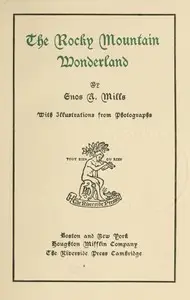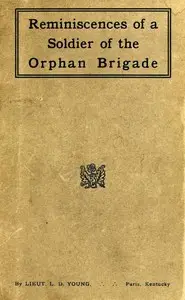"Philoktetes" by Sophocles is a classical Greek tragedy written in the late 5th century BC. This play explores deep themes of human nature, character, and morality, centering around the character of Philoktetes, a once-honored hero who is abandoned on a desolate island due to a festering wound inflicted by a divine serpent. The narrative delves into the complexities of betrayal, loyalty, and the moral dilemmas faced by its characters, particularly as Philoktetes is sought by Odysseus and Neoptolemos to aid in the Trojan War. The storyline unfolds on the island of Lemnos, where Philoktetes has been marooned for ten years, suffering from his excruciating wound and the solitude it brings. Odysseus, representing cunning and manipulation, enlists Neoptolemos, the son of Achilles, to retrieve Philoktetes and his powerful bow to turn the tide in the Trojan War. The young warrior grapples with the moral implications of deceiving Philoktetes, who has already been wronged by the Greek leaders. As the play progresses, Neoptolemos evolves, ultimately standing against Odysseus's treachery, leading to a powerful climax that underscores themes of identity and integrity. In the end, the arrival of the ghost of Herakles offers resolution and hope, as it reveals that Philoktetes will find healing and glory if he is willing to confront his past and rejoin the fight against Troy. (This is an automatically generated summary.)

Philoktetes
By Sophocles
"Philoktetes" by Sophocles is a classical Greek tragedy written in the late 5th century BC. This play explores deep themes of human nature, character,...
Sophocles was an ancient Greek tragedian, known as one of three from whom at least one play has survived in full. His first plays were written later than, or contemporary with, those of Aeschylus; and earlier than, or contemporary with, those of Euripides. Sophocles wrote more than 120 plays, but only seven have survived in a complete form: Ajax, Antigone, Women of Trachis, Oedipus Rex, Electra, Philoctetes, and Oedipus at Colonus. For almost fifty years, Sophocles was the most celebrated playwright in the dramatic competitions of the city-state of Athens which took place during the religious festivals of the Lenaea and the Dionysia. He competed in thirty competitions, won twenty-four, and was never judged lower than second place. Aeschylus won thirteen competitions, and was sometimes defeated by Sophocles; Euripides won four.










